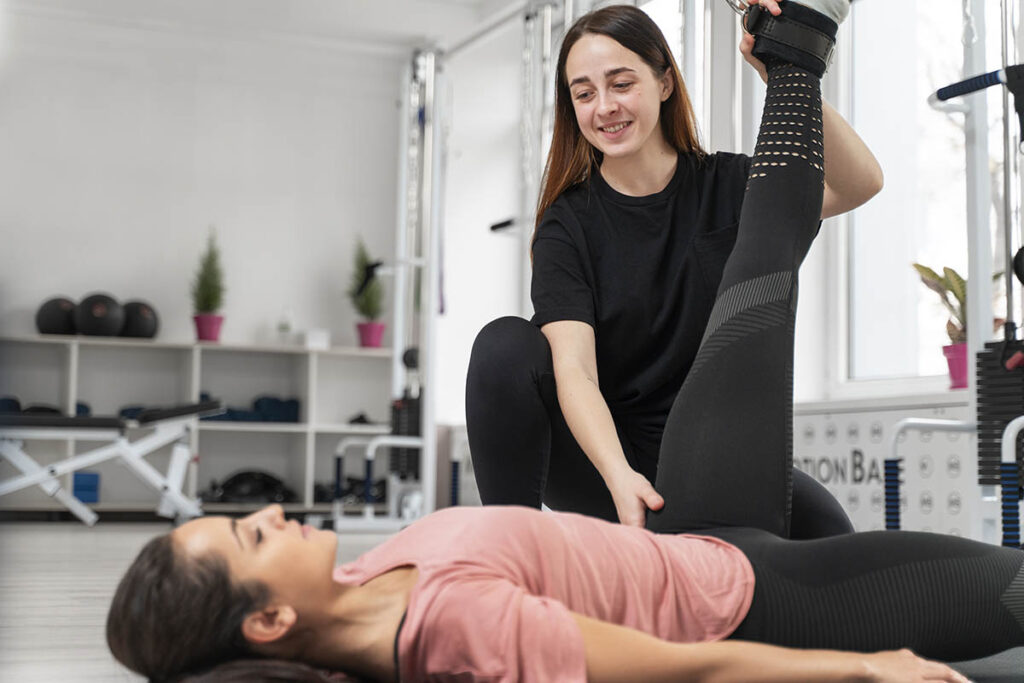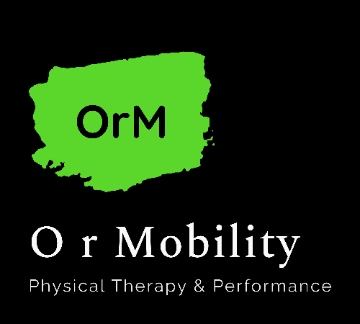Introduction
Concussions, often referred to as mild traumatic brain injuries (mTBIs), can have significant and lasting effects on individuals’ physical, cognitive, and emotional well-being. While rest and cognitive rehabilitation are crucial components of concussion recovery, Physical Therapy (PT) has emerged as a valuable and comprehensive approach to support the rehabilitation process. In this article, we will explore the multifaceted benefits of Physical Therapy for concussion rehabilitation, focusing on how it aids in symptom management, cognitive recovery, balance improvement, and the overall restoration of function and quality of life for those impacted by concussions.
Symptom Management and Pain Relief
One of the primary goals of Physical Therapy for concussion rehabilitation is symptom management and pain relief. Common concussion symptoms, such as headaches, dizziness, neck pain, and light sensitivity, can be debilitating and interfere with daily activities. PT techniques, including manual therapy, gentle exercises, and modalities like ice or heat therapy, are used to alleviate these symptoms and improve the individual’s comfort and well-being during the recovery process.
Gradual Return to Physical Activity
After a concussion, it is essential to follow a gradual and monitored return-to-play protocol. Physical Therapists play a vital role in guiding patients through this process, ensuring they do not engage in physical activities that may exacerbate their symptoms or prolong their recovery. By closely monitoring the individual’s progress and adjusting the activity levels accordingly, PTs help prevent setbacks and promote a safe and timely return to physical activities and sports.
Cognitive Rehabilitation

Concussions often impact cognitive functions such as memory, attention, and problem-solving. Physical Therapists work in conjunction with cognitive therapists to develop integrated rehabilitation programs that address both the physical and cognitive aspects of recovery. Through targeted exercises and activities, PTs help patients retrain their cognitive abilities and improve their mental processing, ultimately enhancing overall brain function.
Vestibular Rehabilitation
The vestibular system, responsible for balance and spatial orientation, is frequently affected by concussions. Vestibular rehabilitation is a specialized form of Physical Therapy that focuses on retraining and stabilizing the vestibular system. By incorporating exercises that challenge balance and coordination, PTs help patients overcome dizziness, vertigo, and balance issues, reducing the risk of falls and restoring their confidence in daily activities.
Visual Rehabilitation
Concussions can disrupt the visual system, leading to problems with eye movements, visual focus, and sensitivity to light. Visual rehabilitation is another aspect of Physical Therapy for concussion recovery that targets these visual disturbances. PTs use specific eye exercises and visual tracking drills to enhance eye-brain coordination and improve visual processing, thereby reducing eye strain and headaches associated with visual disturbances.
Strength and Conditioning
During the initial stages of concussion recovery, rest is often prescribed to allow the brain to heal. However, prolonged inactivity can lead to muscle weakness and deconditioning. As the individual progresses in their recovery, Physical Therapists design customized strength and conditioning programs to rebuild muscular strength and endurance gradually. This not only aids in physical rehabilitation but also contributes to overall well-being and a faster recovery.
Postural Training
Concussions can disrupt the body’s sense of spatial orientation, leading to postural instability and altered movement patterns. Physical Therapists employ postural training techniques to reestablish proper alignment and movement mechanics, reducing the risk of compensatory injuries and promoting a more efficient and stable posture.
Individualized Treatment Plans

Every concussion is unique, and the recovery process can vary significantly from one person to another. Physical Therapists recognize the individuality of each case and develop personalized treatment plans that address specific symptoms and impairments. This tailored approach ensures that the rehabilitation program aligns with the patient’s needs, optimizing the effectiveness of the treatment.
Comprehensive Assessment of Progress
Physical Therapists conduct regular assessments to track the patient’s progress throughout the concussion rehabilitation process. By objectively measuring improvements in physical and cognitive function, PTs can adjust the treatment plan accordingly, ensuring that the therapy remains effective and relevant to the patient’s evolving needs.
Emotional Support and Education
A concussion can be a distressing and isolating experience for patients, especially if they face challenges in their daily lives due to the injury. Physical Therapists provide not only physical but also emotional support during the recovery journey. They educate patients and their families about the nature of the injury, its expected trajectory, and the importance of self-care throughout the healing process.
Conclusion
Physical Therapy has become an essential component in the comprehensive and holistic approach to concussion rehabilitation. By addressing a wide range of physical, cognitive, and emotional aspects of recovery, PTs play a vital role in guiding patients towards a successful and sustainable recovery. Through symptom management, cognitive rehabilitation, balance improvement, and personalized treatment plans, Physical Therapy empowers individuals to regain control of their lives and reintegrate into their daily activities with confidence and resilience. As concussion research and treatment methodologies continue to evolve, the significance of Physical Therapy in supporting concussion rehabilitation will undoubtedly remain at the forefront of the healing process for those affected by this injury.



